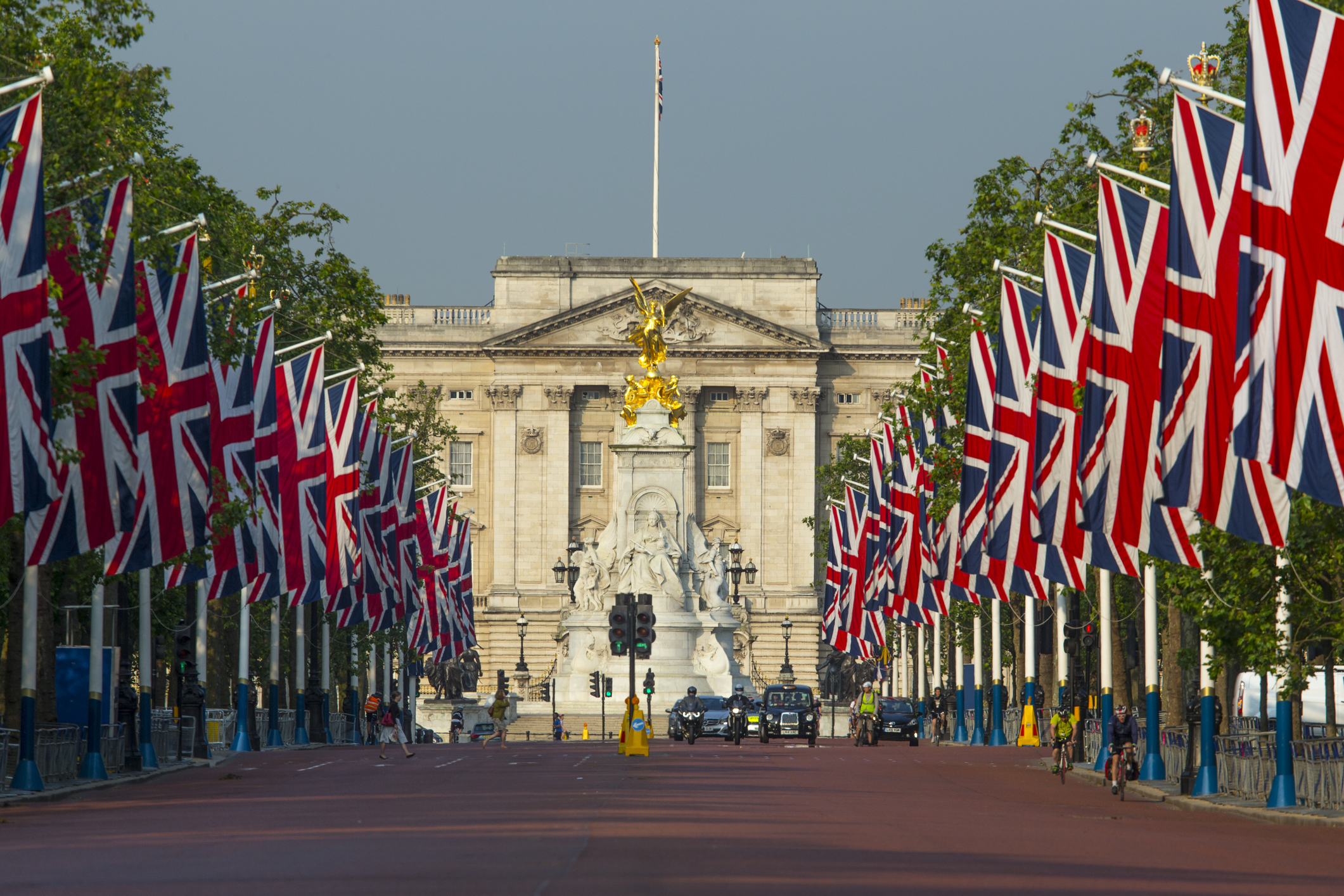Jason Goodwin: How to drive from Heathrow to London in just seven hours
Press on or turn back? Jason Goodwin tells a story of his friend's navigational disaster and finds more wisdom in it than the odd missed road sign might suggest.
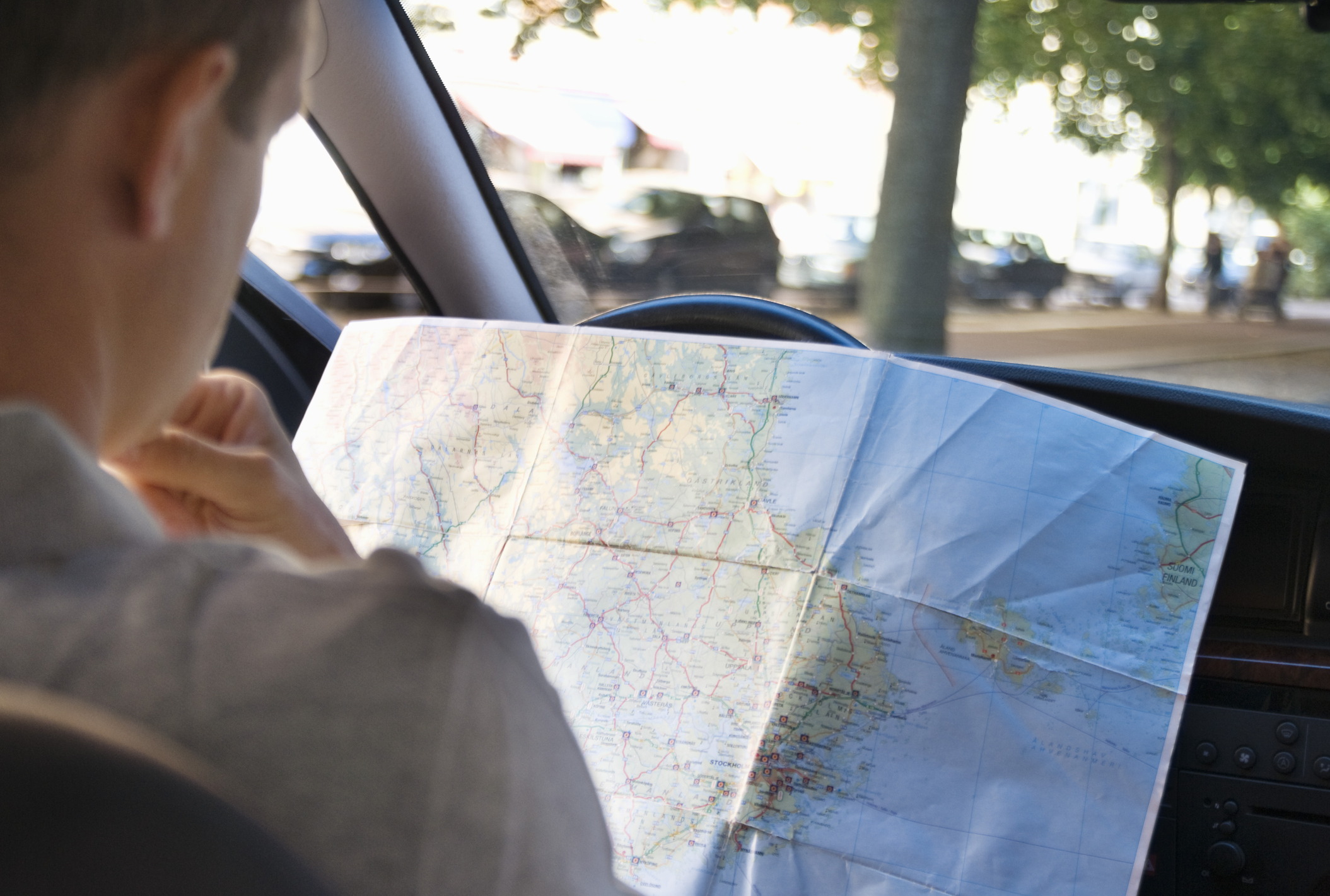
The other day, an Indian friend told me about her experience visiting England with her husband for the first time, in the early 1980s. That was back in an age when you could still drive in London, and park, without being a millionaire. Their plane landed at night. They hired a car at Heathrow and set off for the West End, where they had a hotel booked and where they hoped to spend a week visiting friends and relations and attractions such as Westminster Abbey and Madame Tussauds.
After they had been driving, cautiously, for a couple of hours in the dark, Meera began to feel uneasy. No one had told them that London was quite so far from the airport. She suggested they stop and check, but her husband was naturally shy — and reluctant to admit it.
‘People don’t stop and ask for directions in this country,’ he said. ‘It’s all done by road signs.’
Meera half wanted to argue the point, but it had been a long day and she was sleepy after the flight. As she said to me: ‘He’d been in England for two hours and already he was telling me how the English managed things!’
She dozed. When she woke up, her husband was still muttering about the signs. ‘We need,’ he said, peering into the dark, ‘to pick up a sign for London.’
They drove on in silence.
‘Is Coventry near London?’ Meera asked, after a while. ‘I don’t think Coventry is right, babaji. I think we should turn around.’ ‘Let’s push on a little longer,’ he said. ‘We are bound to find some signs to London.’
Sign up for the Country Life Newsletter
Exquisite houses, the beauty of Nature, and how to get the most from your life, straight to your inbox.
So there they were, Janus-faced, looking forward and back at the same time, and about five hours along the motorway away from their destination. To press on or to go back? The Ottoman Turks found themselves asking the same question at the beginning of the 19th century, after decades of failure. They pressed on. Reforms were introduced. Within a century, the tides of history had closed over their heads and the Ottomans were no more.
Then again, there is the story about Churchill, at the Quebec conference with Roosevelt. He sent a cable to John Maynard Keynes, the brilliant economist. ‘Am coming around to your point of view,’ Churchill wrote. Keynes cabled back: ‘Sorry to hear it. Have started to change my mind.’
Press on or turn back? It is a perennial question. It could be asked of the Church of England or the House of Lords. How much more interesting and well informed the Upper House might be if it had remained modestly hereditary, bolstered by judges and priests, instead of crammed with scapegraces and cronies. How ghastly it will be when it is composed of the attention seeking, like the Commons. How much more dignified and useful, you might argue, a church that cleaved to its parish duties and the Book of Common Prayer, as everyone around lost their way. Press on or turn back? You could ask it of HS2 or the New Year. More of the same?
People often say they’ve gone too far down a particular road to turn back, but in some cases it may be, as Meera found, better to swallow your pride and retrace your steps. Which is what they finally did when they got to Coventry, arriving late and tired at their hotel after driving for seven hours.
Of course, the wisest reflection comes from the Irish, and it applies to many of the intractable difficulties we faced in 2022 and will face again in 2023. Because if it’s Dublin you want, or London, or anywhere in particular, the old joke goes, you wouldn’t be wanting to start from here.

Credit: Getty Images
Jason Goodwin: 'My friend was puzzled to discover me up a stepladder, cradling my airgun and scanning vegetable beds'
Jason Goodwin takes on the rats, and loses.
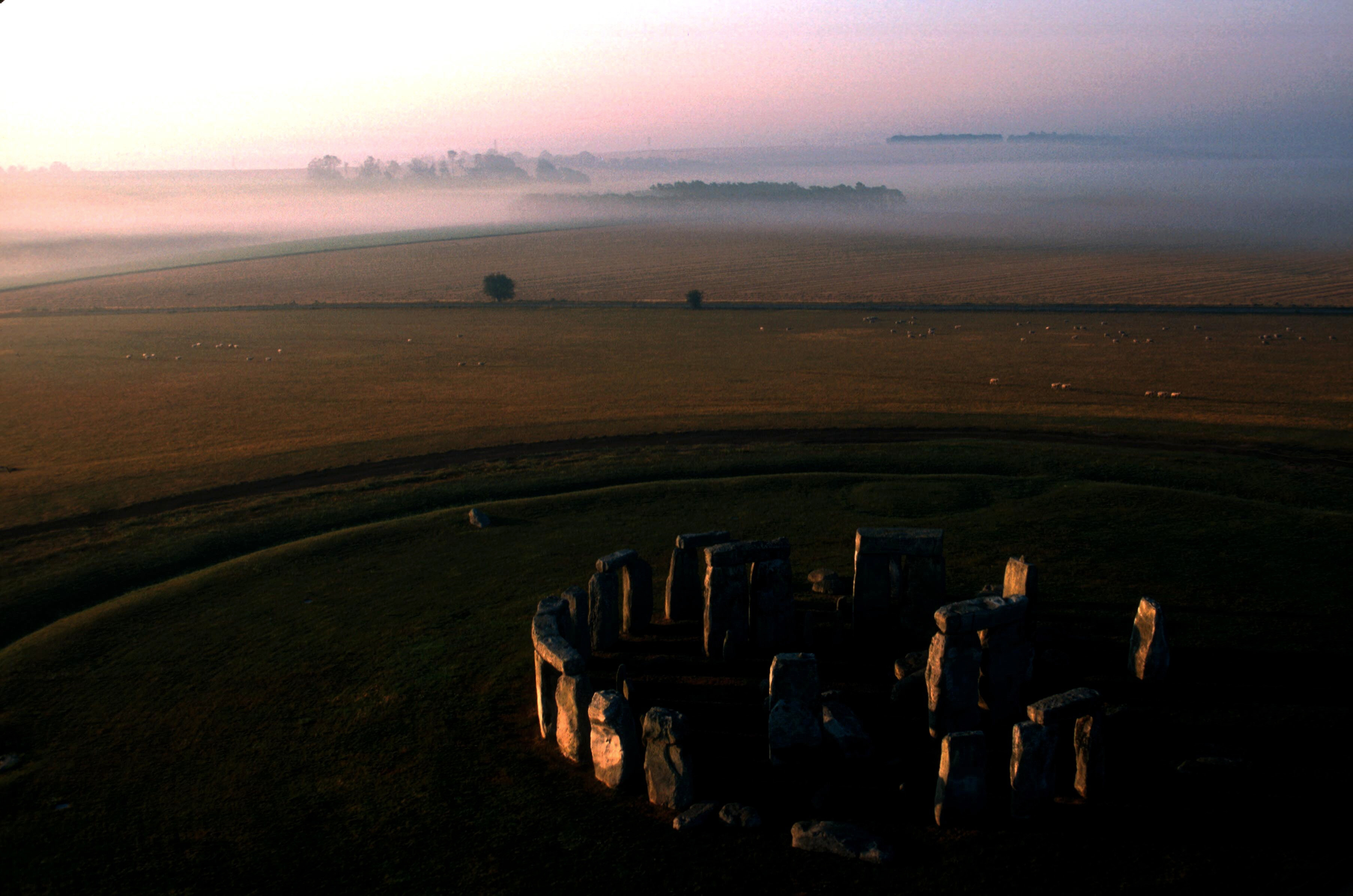
Jason Goodwin: 'What gets lost will be forever lost, whereas pylons, cars and trains may be rendered obsolete'
Jason Goodwin muses on economics, Stonehenge and social media.
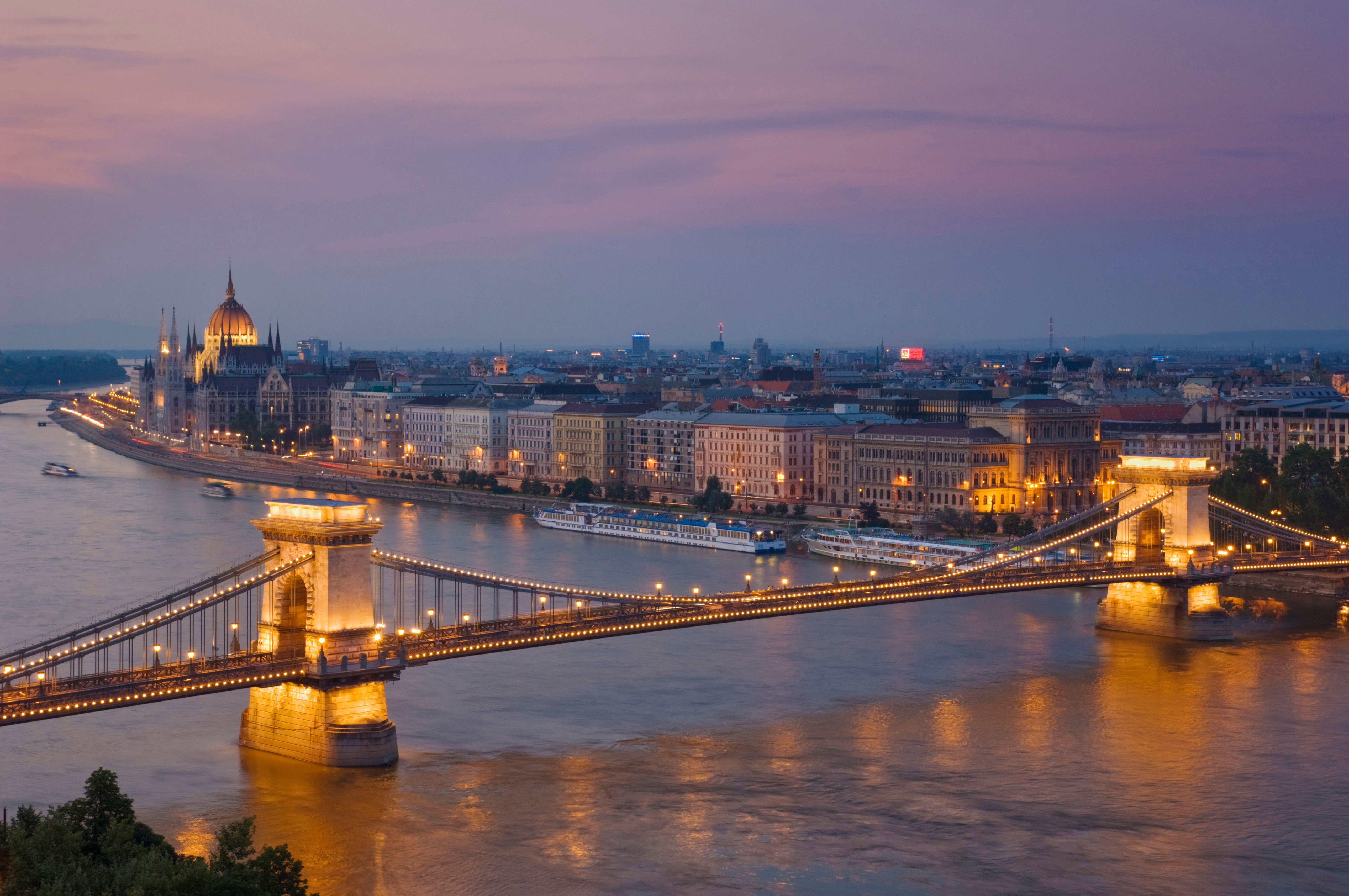
Jason Goodwin: In memory of Norman Stone, my tutor, guide, world traveller — and friend
Jason Goodwin pays tribute to an old friend and mentor.

Jason Goodwin: 'Politicians need historians as much as kings need minstrels'
Jason Goodwin undertakes a family cycle ride along the Danube.
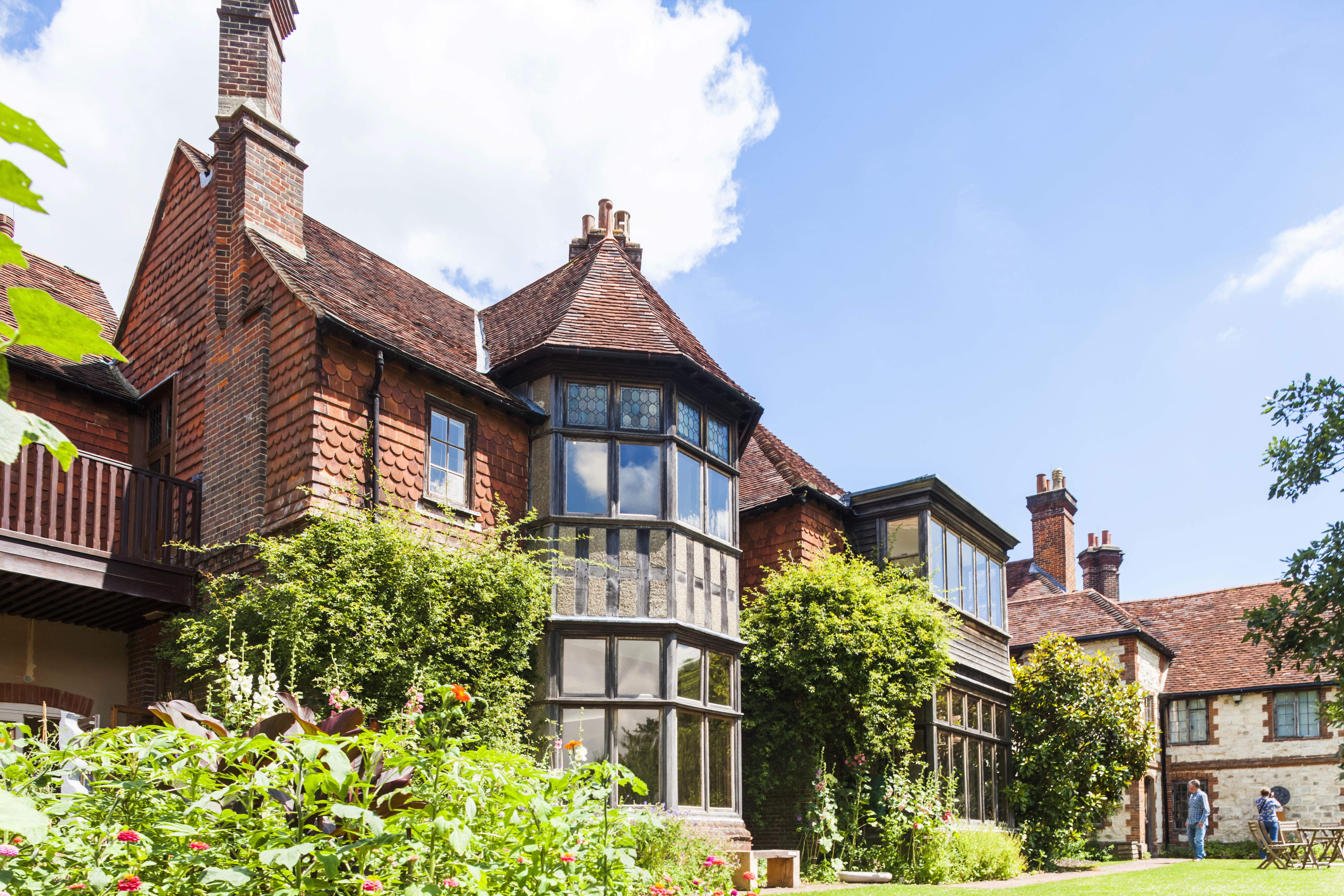
Jason Goodwin: 'I can’t think why anyone, man or bird, would want to travel abroad'
Jason Goodwin ponders the swallow's journey and Gilbert White's observations.
